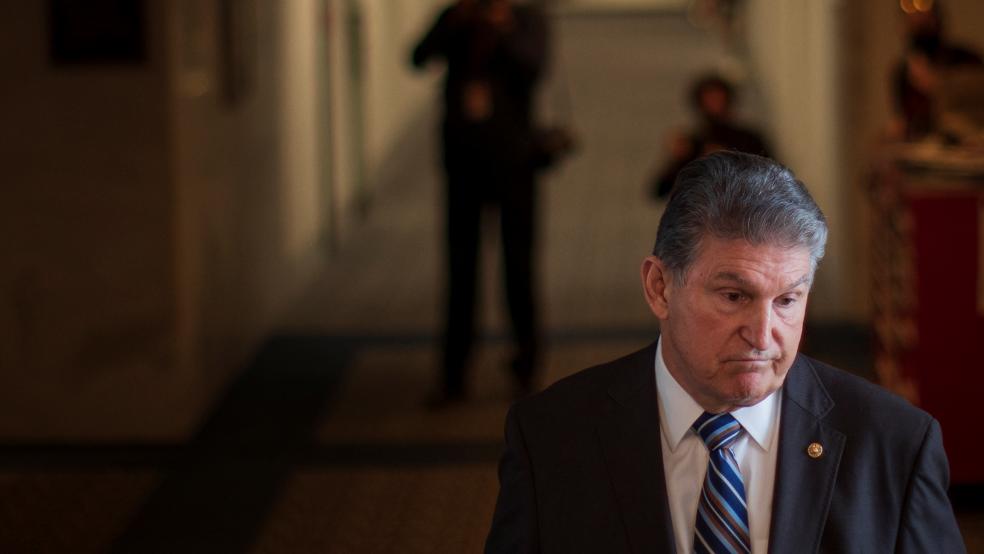Congress is back from its Easter recess this week, with lawmakers set to pick up a number of fights left unresolved before the break. As the days before the midterm elections dwindle, these weeks leading up to Memorial Day are likely to determine whether Democrats have any realistic chance of passing major portions of their agenda this year.
Among the issues they’ll look to address: a stalled package of additional pandemic funding and their package of climate change programs, social spending and tax reform.
Covid funding: A group of senators reached a bipartisan deal earlier this month to provide another $10 billion to fight the coronavirus, but that legislation got delayed after Republicans insisted on a vote on an amendment prohibiting the administration from ending Title 42, a Trump-era immigration policy that allows for the expulsion of migrants at the border and limits the ability of migrants to seek asylum. A number of Democrats have joined in expressing concern about lifting Title 42, leaving party leaders in a bind: If they allow the vote on the amendment, it would likely pass the Senate, which would imperil the whole package in the Democratic-controlled House. If they don’t allow the amendment vote, the Covid funding that the White House has said is urgently needed could stall out.
Another round of aid to Ukraine could also hang in the balance, as Senate Majority Leader Chuck Schumer said earlier this month that he intends to push a bipartisan appropriations package combining that aid with global pandemic and food insecurity funding.
Dems’ social spending and climate plan: The White House has reportedly resumed talks with Sen. Joe Manchin (D-WV) on the climate, social spending and tax plan formerly known as the Build Back Better Act. Democrats still hope to salvage portions of what had been a roughly $2 trillion package — and they know their time to pass some version of the plan is running out.
“My sense is this is a make or break moment,” Sen. Chris Van Hollen (D-MD) told The Washington Post about the Democrats’ social spending plan. “This will be the moment people have to look at each other, eyeball to eyeball, and make a determination of whether we’ll move forward.”
Of course, previous “make or break” moments for the package wound up in the direction of “break.” Will this time be different? It all depends on how desperate Democrats are to show voters they can get something done — and whether that desperation outweighs any lingering intraparty differences that might again derail a bill. “Basically this is going to be the Manchin bill,” Edward Hild, a lobbyist who previously served as chief of staff to Sen. Lisa Murkowski (R-AK), told The Wall Street Journal. “Everybody knows.”
Manchin, by the way, has seen a 16-percentage-point increase in his approval rating among West Virginia voters over the course of Biden’s presidency, according to a new Morning Consult poll. That’s the largest increase for any senator. “Manchin’s increased popularity is driven primarily by Republican voters: 69% now approve of his job performance, doubling his rating from the first quarter of last year, when 35% approved,” Morning Consult’s Eli Yokley writes. “Most of that improvement has come since the third quarter of 2021 — before he killed the Democrats’ ‘Build Back Better’ domestic policy legislation.”
What else is on the docket: As inflation continues to top voters’ concerns, the Senate will look to confirm four of President Joe Biden’s nominees to the Federal Reserve, including another term for current Chair Jerome Powell. The House and Senate will also begin talks to reconcile different versions of legislation seeking to boost U.S. manufacturing and improve competitiveness with China. And lawmakers will look to push legislation lowering the cost of insulin.





